Choosing the right food for your dog is crucial for their overall health and well-being. With countless options available on the market, finding the best dog food for health can be overwhelming. This comprehensive guide will explore the key factors to consider, top brands, nutritional needs, and special dietary requirements to help you make an informed decision for your beloved pet.
Understanding Your Dog’s Nutritional Needs
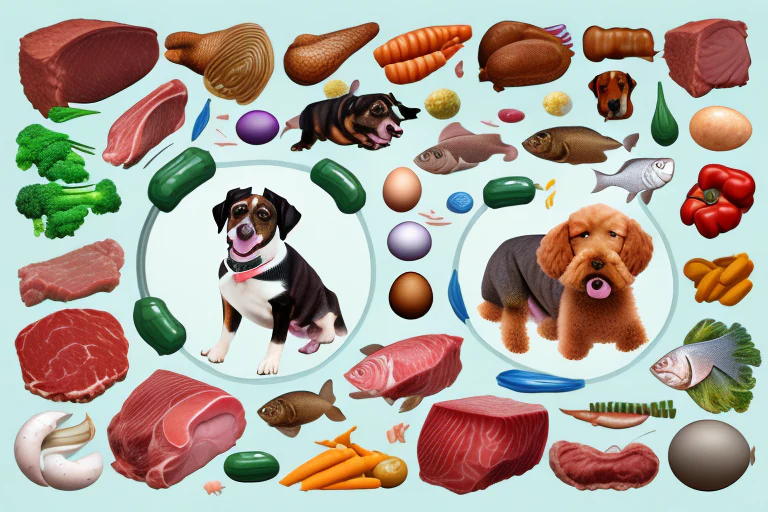
Basic Nutrient Requirements
Proteins and Their Sources
Proteins are the building blocks of your dog’s body. They are essential for growth, tissue repair, and immune function. High-quality protein sources include meat, fish, eggs, and some plant-based ingredients like lentils and chickpeas. It’s important to choose dog foods that list specific proteins, such as chicken, beef, or salmon, rather than generic terms like “meat meal.”
Essential Fatty Acids
Fatty acids, particularly omega-3 and omega-6, play a critical role in maintaining healthy skin and coat, reducing inflammation, and supporting brain function. Sources of these essential fats include fish oil, flaxseed oil, and chicken fat. Look for dog foods that balance these fatty acids to promote optimal health.
Vitamins and Minerals
Dogs require a variety of vitamins and minerals to support bodily functions, from bone growth to immune system health. Key vitamins include A, D, E, and B-complex vitamins, while essential minerals include calcium, phosphorus, and zinc. High-quality dog foods will often include fruits and vegetables, which are natural sources of these nutrients.
Life Stage Nutrition

Puppy Nutrition
Puppies have unique nutritional needs to support their rapid growth and development. They require higher levels of protein, fat, and certain minerals. Puppy-specific formulas are designed to meet these needs, providing balanced nutrition that supports strong bones, healthy muscles, and cognitive development.
Adult Dog Nutrition
Adult dogs need balanced nutrition to maintain their health and energy levels. Their diet should include adequate protein for muscle maintenance, healthy fats for energy, and fiber for digestive health. It’s important to choose a food that matches their activity level and breed size.
Senior Dog Nutrition
As dogs age, their metabolism slows, and they may require fewer calories. Senior dog foods typically have lower fat content, higher fiber, and additional joint-supporting ingredients like glucosamine and chondroitin. These formulas help maintain a healthy weight and support aging joints.
Breed-Specific Diets

Small Breeds
Small breed dogs have faster metabolisms and often require more calorie-dense foods. They also benefit from smaller kibble sizes that are easier to chew and digest. Specialized diets for small breeds address these needs while providing balanced nutrition.
Large Breeds
Large breed dogs are prone to joint issues and require diets that support bone and joint health. These foods often contain higher levels of glucosamine and chondroitin and are formulated to prevent rapid growth, which can contribute to skeletal problems.
Special Breed Considerations
Certain breeds have unique dietary requirements. For example, breeds like Dalmatians may require lower purine diets to prevent urinary issues, while breeds like Bulldogs benefit from foods that support respiratory health. Always consider your dog’s specific breed needs when choosing their food.
Health Conditions and Dietary Needs

Weight Management
Obesity is a common issue in dogs that can lead to numerous health problems. Weight management dog foods are lower in calories and fat while being high in fiber to promote a feeling of fullness. These foods help dogs lose weight or maintain a healthy weight without sacrificing essential nutrients.
Joint and Bone Health
For dogs with joint issues or those prone to arthritis, foods enriched with glucosamine, chondroitin, and omega-3 fatty acids can help support joint health and reduce inflammation. These ingredients are often found in foods formulated for senior dogs or large breeds.
Skin and Coat Health
A shiny coat and healthy skin are signs of good nutrition. Foods high in omega-3 and omega-6 fatty acids, as well as those rich in vitamins A and E, help maintain skin and coat health. Ingredients like fish oil and flaxseed are particularly beneficial.
Digestive Health
Good digestive health is essential for nutrient absorption and overall well-being. Foods with prebiotics, probiotics, and high fiber content can improve digestion and prevent gastrointestinal issues. Look for dog foods that include ingredients like chicory root, pumpkin, and beet pulp.
Allergies and Sensitivities

Common Food Allergens
Some dogs are allergic to common ingredients such as beef, chicken, dairy, wheat, and soy. Identifying and avoiding these allergens is crucial for managing food allergies.
Hypoallergenic Diets
Hypoallergenic dog foods often feature uncommon protein sources like venison, duck, or kangaroo and avoid common allergens. These diets can help alleviate symptoms like itching, gastrointestinal upset, and ear infections, improving your dog’s quality of life.
Top Dog Food Brands for Health
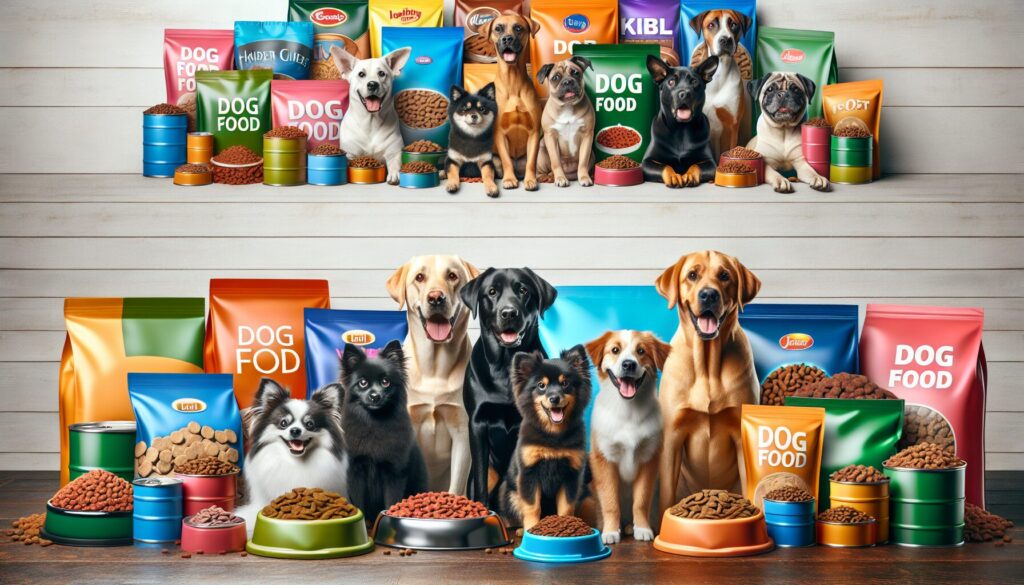
Premium Dog Food Brands
Royal Canin
Royal Canin is renowned for its breed-specific and therapeutic diets. Each formula is tailored to meet the unique needs of different breeds and health conditions, ensuring balanced nutrition and targeted support.
Hill’s Science Diet
Hill’s Science Diet is formulated based on extensive scientific research and clinical studies. Their foods cater to various life stages and health conditions, offering balanced nutrition backed by veterinary expertise.
Purina Pro Plan
Purina Pro Plan offers a wide range of formulas designed for specific health needs, life stages, and breed sizes. Their focus on high-quality ingredients and innovative nutrition makes them a trusted choice for many pet owners.
Organic and Natural Dog Foods

The Benefits of Organic Dog Food
Organic dog foods are made with ingredients that are free from pesticides, synthetic fertilizers, and GMOs. They often contain higher levels of nutrients and fewer artificial additives, promoting overall health and well-being.
Top Organic Brands
Brands like The Honest Kitchen and Castor & Pollux are leaders in organic and natural dog foods. They use high-quality, whole food ingredients to create balanced, nutritious meals for dogs.
Grain-Free Dog Foods

Why Choose Grain-Free?
Grain-free diets can benefit dogs with grain allergies or sensitivities. These foods typically use alternative carbohydrate sources like sweet potatoes or peas, which can be easier for some dogs to digest.
Best Grain-Free Options
Top grain-free dog food brands include Merrick, Blue Buffalo, and Taste of the Wild. These brands offer a variety of grain-free formulas that cater to different life stages and dietary needs.
Homemade Dog Food

Pros and Cons
Homemade dog food allows you to control the ingredients and ensure high quality. However, it requires careful planning to ensure nutritional balance. Consulting with a veterinarian or a pet nutritionist is essential to avoid deficiencies.
Recipe Ideas
Homemade dog food recipes often include lean meats, vegetables, and grains or grain alternatives. Popular recipes might feature chicken and rice, beef and sweet potatoes, or fish and quinoa, balanced with supplements as needed.
Evaluating Dog Food Quality
Reading Dog Food Labels
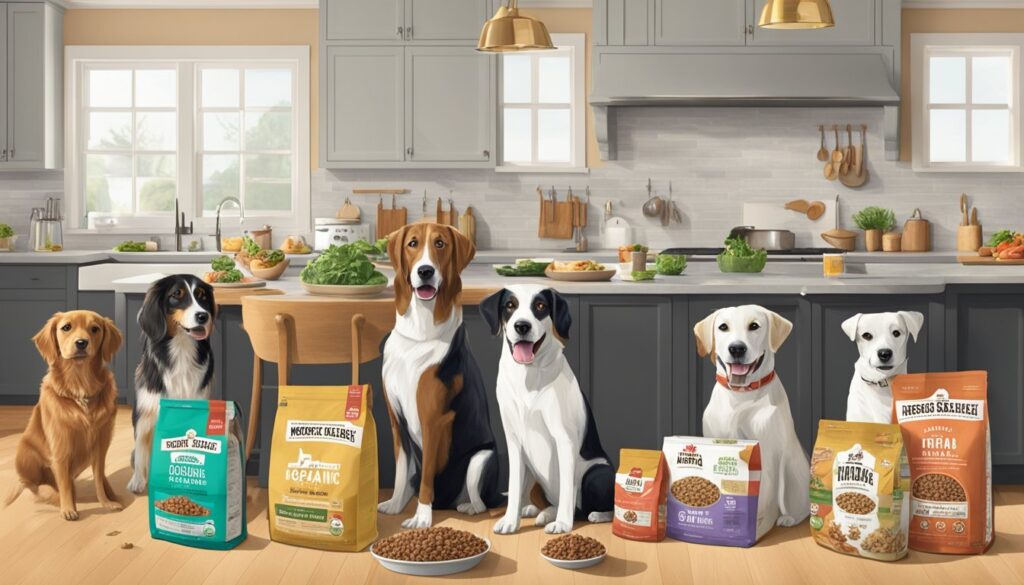
Understanding Ingredients
Ingredients are listed by weight, with the heaviest (usually meat) first. Look for specific protein sources and whole food ingredients, and avoid foods with vague terms like “meat by-products” or excessive fillers.
Identifying Harmful Additives
Avoid dog foods with artificial colors, flavors, and preservatives such as BHA, BHT, and ethoxyquin. These additives can have adverse health effects over time.
AAFCO Standards
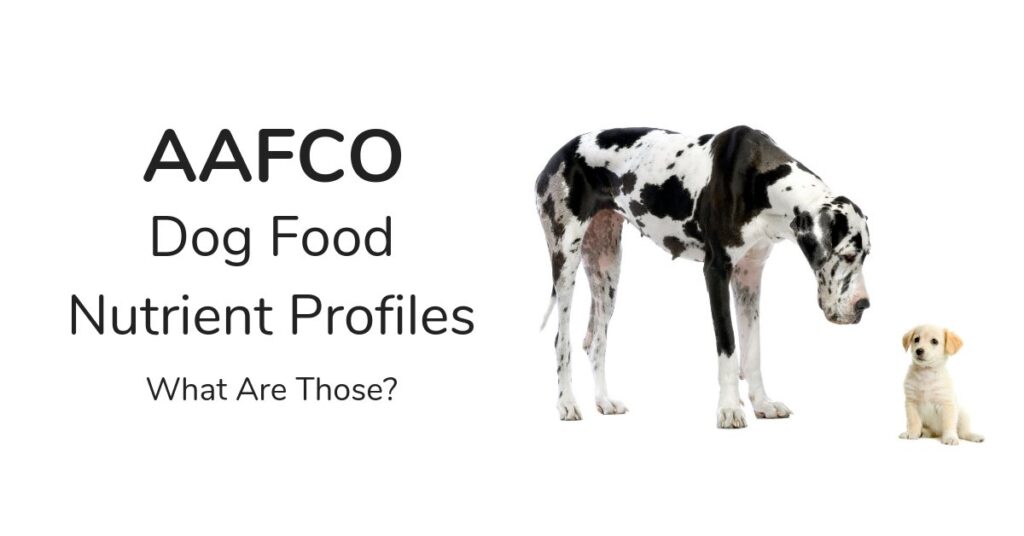
What Are AAFCO Standards?
The Association of American Feed Control Officials (AAFCO) sets nutritional standards for pet foods. Foods that meet AAFCO standards have undergone testing to ensure they provide balanced and complete nutrition.
How to Choose AAFCO-Approved Foods
Look for statements on the packaging that indicate the food meets AAFCO nutritional guidelines for your dog’s life stage. This ensures the food has been tested and deemed nutritionally adequate.
Wet vs. Dry Dog Food

Benefits of Wet Food
Wet food typically contains higher moisture content, which can be beneficial for hydration and is often more palatable for picky eaters. It’s also easier to chew, making it a good option for older dogs or those with dental issues.
Benefits of Dry Food
Dry food is convenient, cost-effective, and helps maintain dental health by reducing tartar buildup. It’s also easier to store and has a longer shelf life than wet food.
Feeding Guidelines and Tips
Portion Control
How Much Should You Feed Your Dog?
Feeding amounts vary based on your dog’s age, weight, activity level, and overall health. Use the feeding guidelines on the dog food packaging as a starting point, and adjust as necessary.
Adjusting Portions for Activity Level
Active dogs may require more calories, while less active or older dogs may need fewer. Monitor your dog’s weight and condition, and adjust portions to maintain a healthy weight.
Feeding Schedules
Frequency of Meals
Puppies typically need three to four meals a day, while adult dogs can be fed once or twice daily. Consistent feeding times help regulate digestion and prevent overeating.
Best Times to Feed
Feeding at regular intervals, such as morning and evening, helps establish a routine. Avoid feeding immediately before or after vigorous exercise to prevent digestive issues.
Transitioning to a New Food
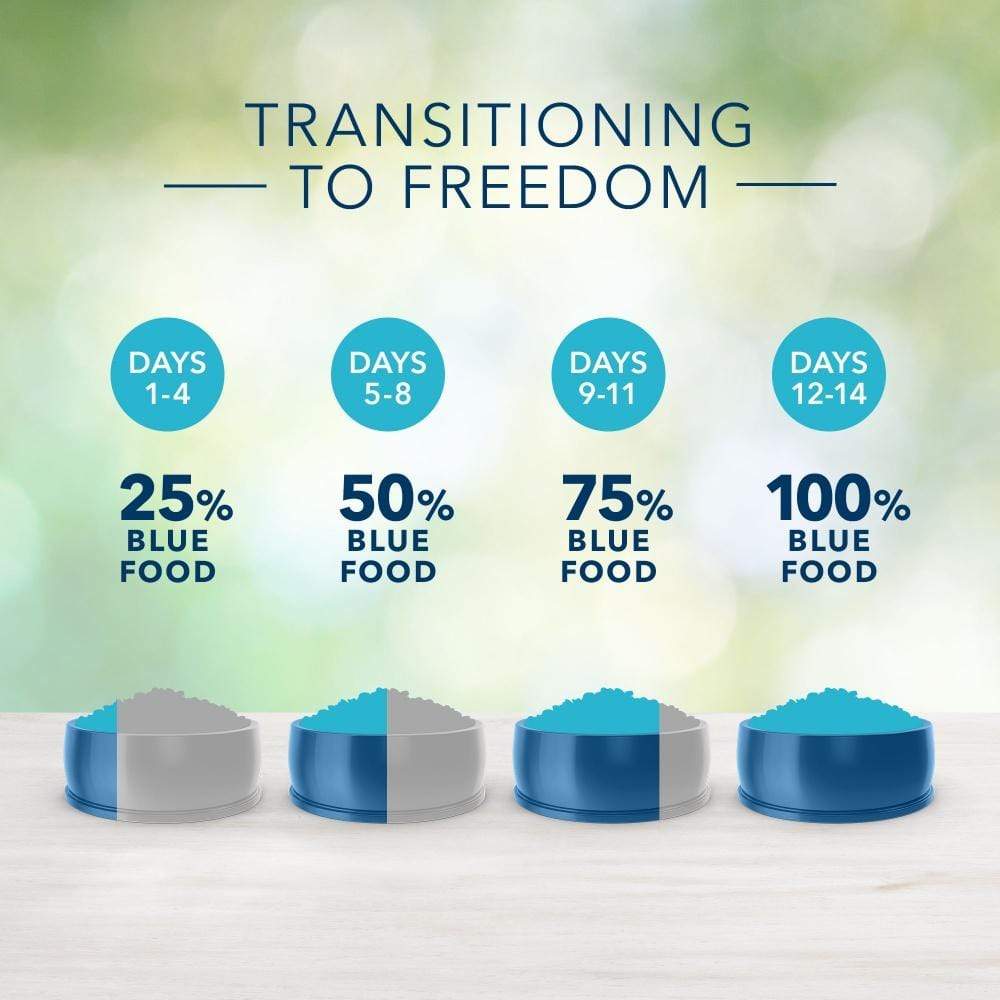
Steps for a Smooth Transition
Gradually transition to a new food over 7-10 days. Start by mixing a small amount of the new food with the old, gradually increasing the new food’s proportion while decreasing the old.
Monitoring Your Dog’s Response
Watch for signs of digestive upset, such as vomiting, diarrhea, or changes in stool quality. Adjust the transition speed as needed and consult your veterinarian if issues persist.
Special Considerations
Homemade vs. Commercial Dog Food
Benefits of Homemade Diets
Homemade diets can be tailored to meet your dog’s specific health needs and preferences. They can also eliminate potential allergens and provide fresher, higher-quality ingredients.
Ensuring Nutritional Balance
Achieving a balanced homemade diet requires careful planning and supplementation. Consult with a veterinarian or pet nutritionist to create recipes that meet all of your dog’s nutritional needs.
Supplements for Dogs
Common Supplements
Common supplements include omega-3 fatty acids for skin and coat health, glucosamine and chondroitin for joint support, and probiotics for digestive health. Always consult your veterinarian before adding supplements to your dog’s diet.
When Are Supplements Necessary?
Supplements may be necessary for dogs with specific health conditions, nutritional deficiencies, or those on homemade diets. They can help address issues like joint pain, digestive problems, and skin conditions.
FAQs
What are the best dog foods for weight management?
Weight management dog foods are specially formulated to be lower in calories and fat while being high in fiber. Brands like Hill’s Science Diet and Royal Canin offer effective weight management formulas that help dogs maintain a healthy weight without sacrificing essential nutrients.
How can I tell if my dog has a food allergy?
Common signs of food allergies in dogs include itching, recurrent ear infections, gastrointestinal issues, and skin rashes. If you suspect a food allergy, consult your veterinarian for testing and consider an elimination diet to identify the allergen.
Is grain-free food better for my dog?
Grain-free food can be beneficial for dogs with grain allergies or sensitivities. However, it’s not necessarily better for all dogs. Consult your veterinarian to determine if a grain-free diet is appropriate for your pet.
What should I look for on a dog food label?
Look for specific protein sources, whole food ingredients, and the absence of artificial additives. Ensure the food meets AAFCO standards for your dog’s life stage and health needs.
How often should I change my dog’s food?
Dogs don’t typically need frequent changes in their diet unless they have specific health issues or allergies. However, rotating between different protein sources or brands every few months can provide a variety of nutrients and prevent picky eating.
Can I feed my dog homemade food only?
Feeding your dog homemade food can be done, but it requires careful planning to ensure nutritional balance. Consult with a veterinarian or pet nutritionist to create recipes that provide all necessary nutrients.





















